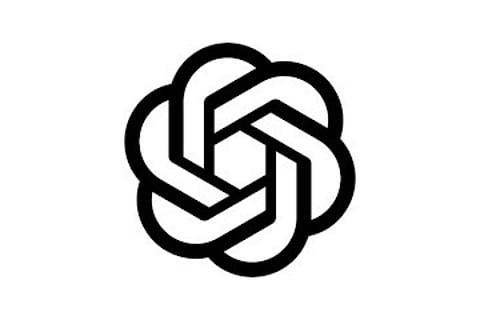
- LIFESTYLE
- FASHION
- FOOD
- ENTERTAINMENT
- EVENTS
- CULTURE
- VIDEOS
- WEB STORIES
- GALLERIES
- GADGETS
- CAR & BIKE
- SOCIETY
- TRAVEL
- NORTH EAST
- INDULGE CONNECT

Artificial Intelligence (AI) driven ChatGPT can help democratise data extraction, and thus empower scientists for innovation. The team from University of California showed that ChatGPT Chemistry Assistant can help cut down significant time and labour required to develop new materials through efficient analysis of scientific literature.
In the study, published in the Journal of the American Chemical Society, the team prompted ChatGPT to perform one particularly time-consuming task: searching scientific literature. With that data, they built a second tool, a model to predict experimental results. Reports from previous studies offer a vast trove of information that chemists need, but finding and parsing the most relevant details can be laborious. For example, those interested in designing highly porous, crystalline metal-organic frameworks (MOFs) -- which have potential applications in areas such as clean energy -- must sort through hundreds of scientific papers describing a variety of experimental conditions.
Researchers have previously attempted to coax AI to take over this task; however, the language processing models they used required significant technical expertise, and applying them to new topics meant changing the programme. Omar Yaghi and team wanted to see if ChatGPT could offer a more accessible, flexible way to extract information. To analyse text from scientific papers, the team gave ChatGPT prompts, or instructions, guiding it through three processes intended to identify and summarise the experimental information the manuscripts contained.
The researchers carefully constructed these prompts to minimise the model's tendency to make up responses, a phenomenon known as hallucination, and to ensure the best responses possible. When tested on 228 papers describing MOF syntheses, this system extracted more than 26,000 factors relevant for making roughly 800 of these compounds.
With these data, the team trained a separate AI model, dubbed as the "ChatGPT Chemistry Assistant," to predict the crystalline state of MOFs based on these conditions. To make the data more user friendly, they built a chatbot to answer questions about it. The team notes that, unlike previous AI-based efforts, this one does not require expertise in coding. Scientists could shift its focus simply by adjusting the narrative language in the prompts. The new system can also be useful in other fields of chemistry, according to the researchers.